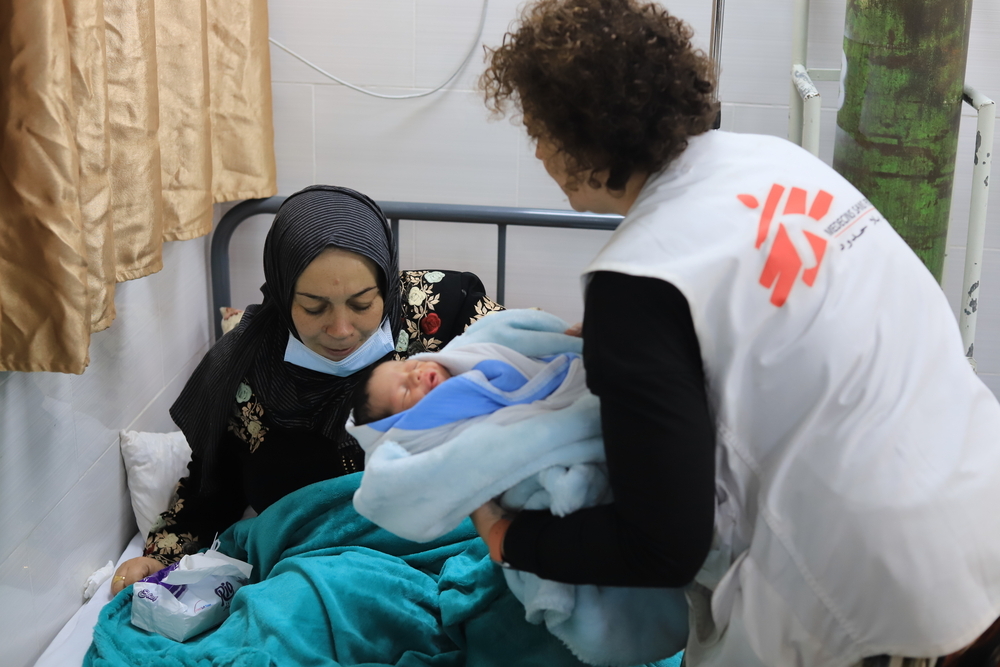This Ramadan, you can take action in the face of crisis
Join Doctors Without Borders/Médecins Sans Frontières (MSF) and stand in solidarity with people facing war, violence and mass displacement across the globe.
Donate your Sadaqah and help us provide critical medical and humanitarian care to people – in Gaza, Sudan, Bangladesh and beyond.
Providing vital medical and humanitarian assistance
MSF is an international medical humanitarian organization whose ultimate goal is to avoid preventable deaths, reduce human suffering and uphold people’s dignity. We work to provide vital medical assistance to people affected by conflict, epidemics, disasters and lack of access to healthcare.
The people we work with and assist are at the centre of everything we do. We adhere to a strict code of medical ethics in our work, including the principle of doing no harm. When medical assistance alone is not enough, we may provide shelter, water and sanitation, food or other services.
MSF is guided by the humanitarian principles of independence, neutrality and impartiality. When crises strike, we respond quickly where people’s needs are greatest, irrespective of race, religion or political affiliation. Our financial independence gives us the freedom to provide care to people no matter who or where they are, to bear witness and to speak out.
Our work is not only to provide medical care. It is also an act of solidarity. We believe these principles we stand for align with the principles of Islamic giving.
Your donation to our work aligns with Islamic principles of charity
MSF has been advised by prominent Sharia advisory firm Amanie Advisors that ensures we can allocate your Sadaqah in accordance with Islamic principles and our own medical humanitarian requirements.
As part of MSF’s effort to guarantee our independence and strengthen the organization’s link with society, we strive to maintain high levels of private income. In 2023, 98 per cent of MSF’s income came from private sources. As an independent organization, we are committed to maintaining high ethical standards in the independent funding we receive.
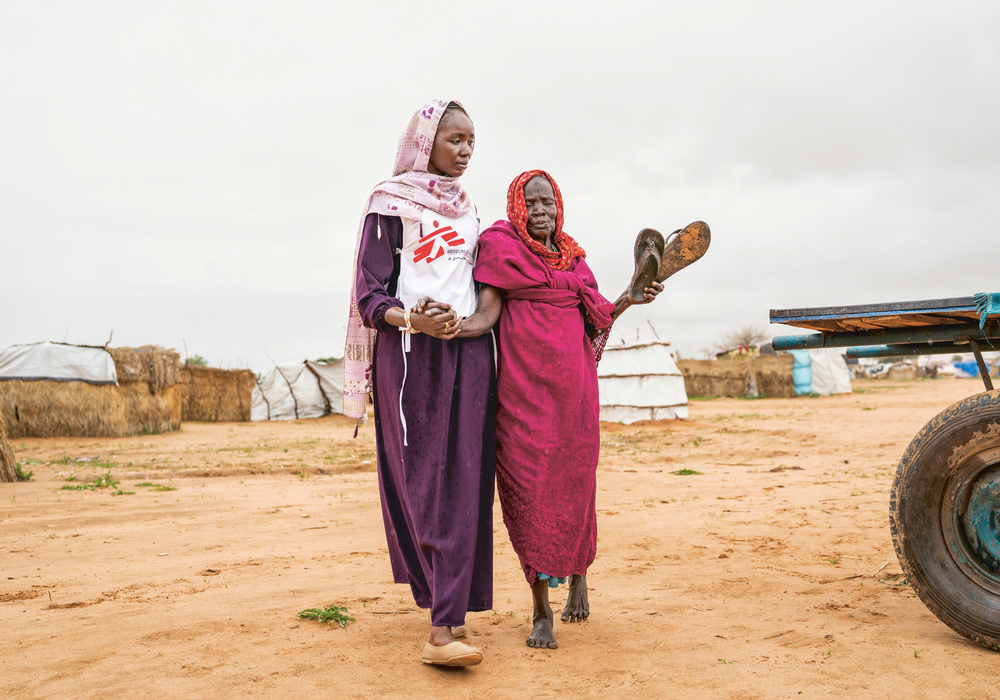
How MSF uses your donations
Around 80 per cent of the donations we receive go directly toward our medical programs and advocacy work. Only 15 per cent is reinvested in fundraising and the remaining goes to management and general administration costs. Maintaining this standard is our priority to ensure your contributions are used efficiently to support people in need around the world.
During Ramadan, as families come together to break their fast and reflect, we’re reminded of the importance of community and caring for people in need.
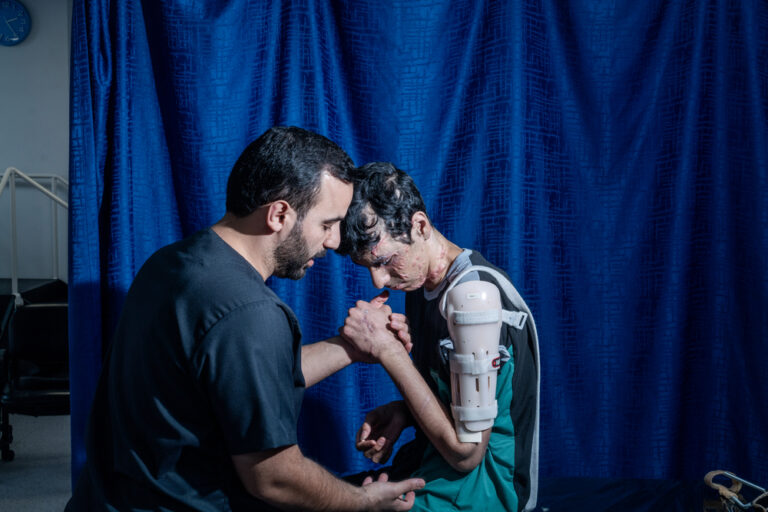
Palestine
Fifteen months of war have left Gaza in ruins and humanitarian needs are more dire than ever. Tens of thousands of Palestinians have been wounded, with many of them requiring surgery and weeks of treatment. People’s needs have mounted to catastrophic levels and meeting them will only be possible through a rapid and massive scale-up of global humanitarian assistance. MSF teams are responding as best as we can, adapting our operations as needed. We are offering surgical support, wound care, physiotherapy, maternity and pediatric care, primary healthcare, vaccination and mental health services, as well as water distribution.
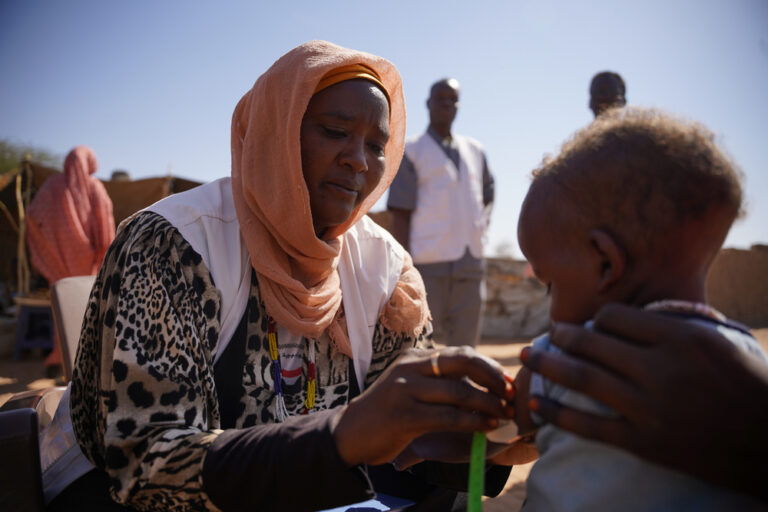
Sudan
In Sudan, an unabated civil war between the Sudanese Armed Forces (SAF) and the Rapid Support Forces (RSF) has plunged the entire country into chaos. The violence has forced more than 11 million people from their homes, making it the largest refugee crisis in the world. Half of the population – 24.6 million people – are facing crisis levels of hunger.
At present, MSF teams work in 10 out of 18 states in Sudan, providing critical assistance, including emergency care, maternal and pediatric healthcare and water and sanitation services. In many places, we remain completely alone and are the only international medical organization able to provide care.
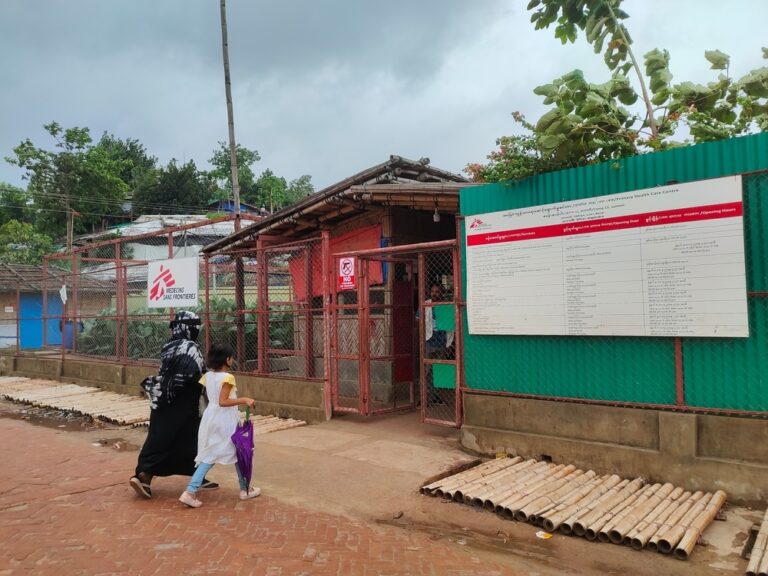
Bangladesh
The Rohingya have been called one of the world’s most persecuted minorities by the United Nations and have been routinely forcibly displaced from their home communities in Myanmar. Today, close to one million Rohingya remain confined in overcrowded displacement camps in Cox’s Bazar, Bangladesh.
At present, MSF is one of the largest providers of healthcare for Rohingya refugees in Cox’s Bazar. MSF manages 10 health facilities with activities including emergency and intensive care, pediatrics, obstetrics, sexual and reproductive healthcare, and treatment for patients with non-communicable diseases.
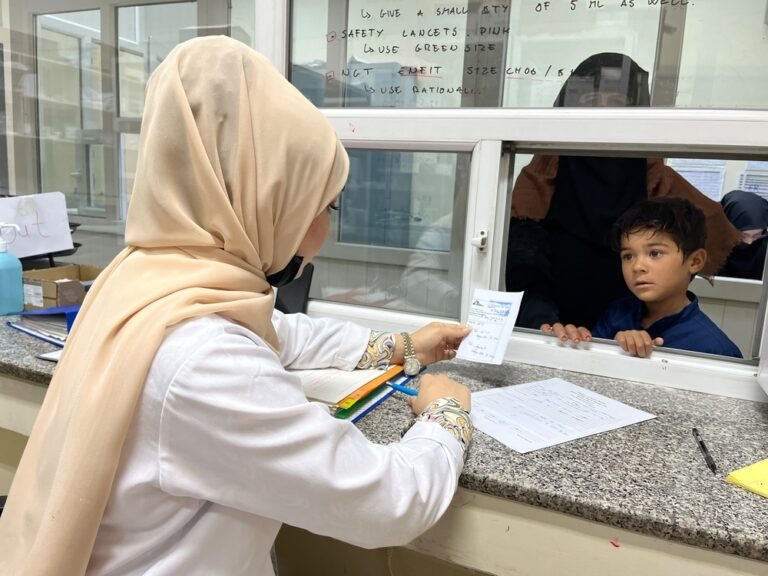
Afghanistan
The public health system in Afghanistan has been under-resourced, under-funded and over-burdened for years, and remains unable to meet people’s needs. MSF teams are providing specialized healthcare across the country, including emergency, pediatric and maternal healthcare.
From January to June 2024, MSF assisted 22,300 deliveries in the country, one of the most dangerous places in the world to give birth. In addition, training medical staff is an integral and important part of our projects. Almost all the midwives are Afghan women, some of whom have become highly experienced in managing complicated deliveries since we opened our maternity hospital in Khost in 2012.
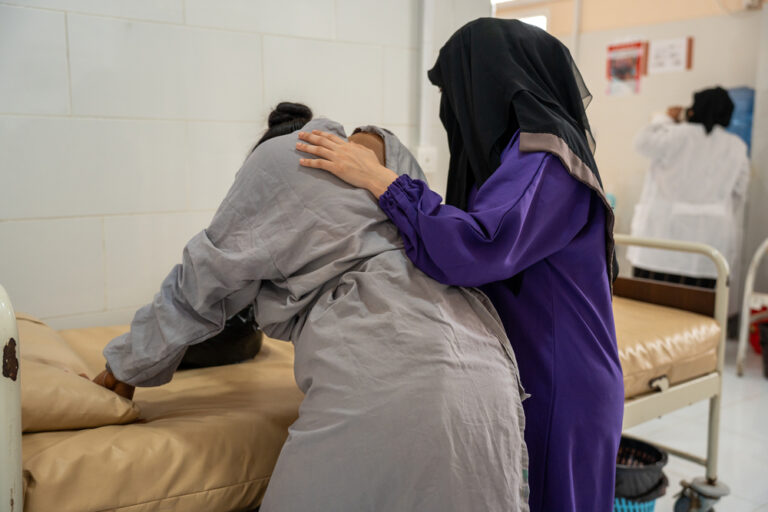
Yemen
The ongoing humanitarian crisis in Yemen is driven not only by armed conflict but also the consequent deterioration in the economy, which has had a severe impact on people’s health, living conditions and access to basic services. Affordable healthcare at the community level is extremely limited, and in some locations is non-existent.
MSF continues to support Yemen’s fragile health system, providing comprehensive medical services and responding to surging rates of malnutrition and preventable diseases. In 2023, we scaled up our maternal and child healthcare activities in most governorates in Yemen in response to the ever-increasing demand.
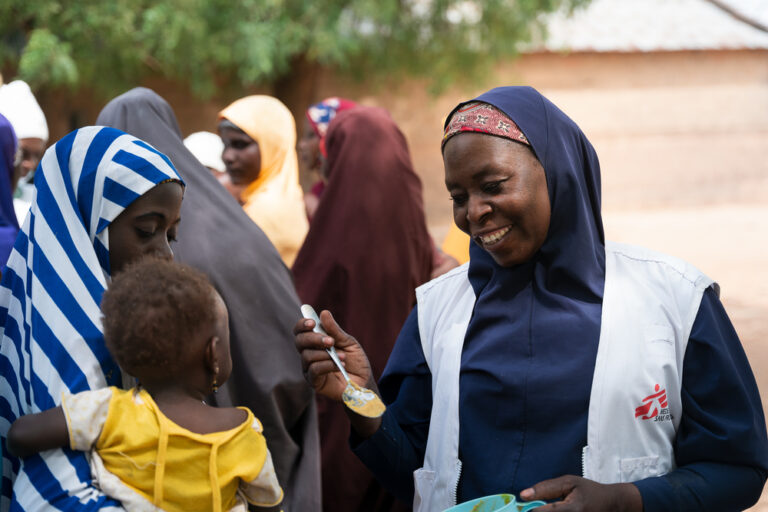
Nigeria
Spiralling violence and severe poverty, exacerbated by increased competition over depleting resources have left many people vulnerable to chronic cycles of acute malnutrition in parts of Nigeria.
Since mid-2021, MSF has scaled up our nutritional activities in the North West, as a growing yet largely ignored malnutrition crisis is pushing people to their limits. In 2024, our teams supported 33 outpatient and 10 inpatient therapeutic feeding centres across five states. As the number of malnutrition cases rise at an alarming rate, we continue to speak out and advocate for more to be done.
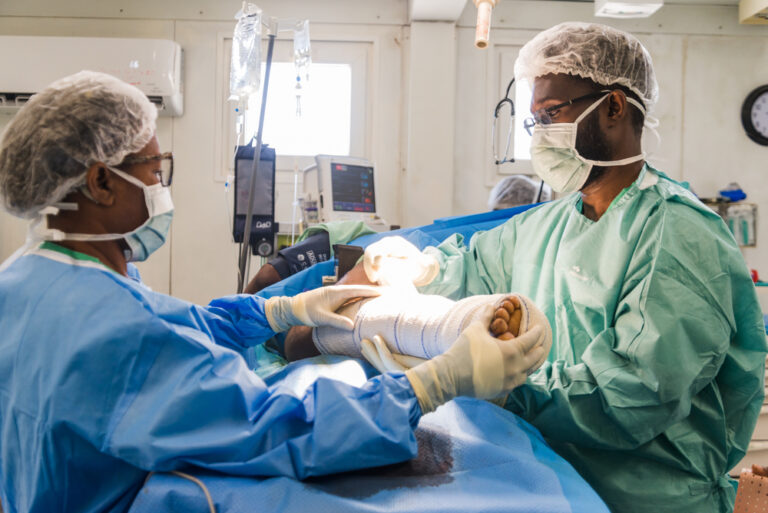
Haiti
People in Haiti are bearing the brunt of political instability and escalating violence, which have pushed the healthcare system to the brink of collapse. The deteriorating situation has not been met with an adequate humanitarian response.
MSF teams provide a range of medical services, including general healthcare and treatment for burns, trauma and sexual and gender-based violence. We also operate mobile clinics in the some of the most affected neighbourhoods of Port-au-Prince. In some places, MSF is the only international humanitarian organization providing medical care. In addition, our teams also support people in displacement camps with primary healthcare, supply of clean water and sanitation facilities.
This Ramadan, consider giving your Sadaqah to help us be there for people who need it most.
Your generosity and compassion help MSF to reach people in need, respond faster to emergencies, broaden the range of medical services we provide and improve the quality of our medical care.
CHOOSE YOUR SADAQAH NOW